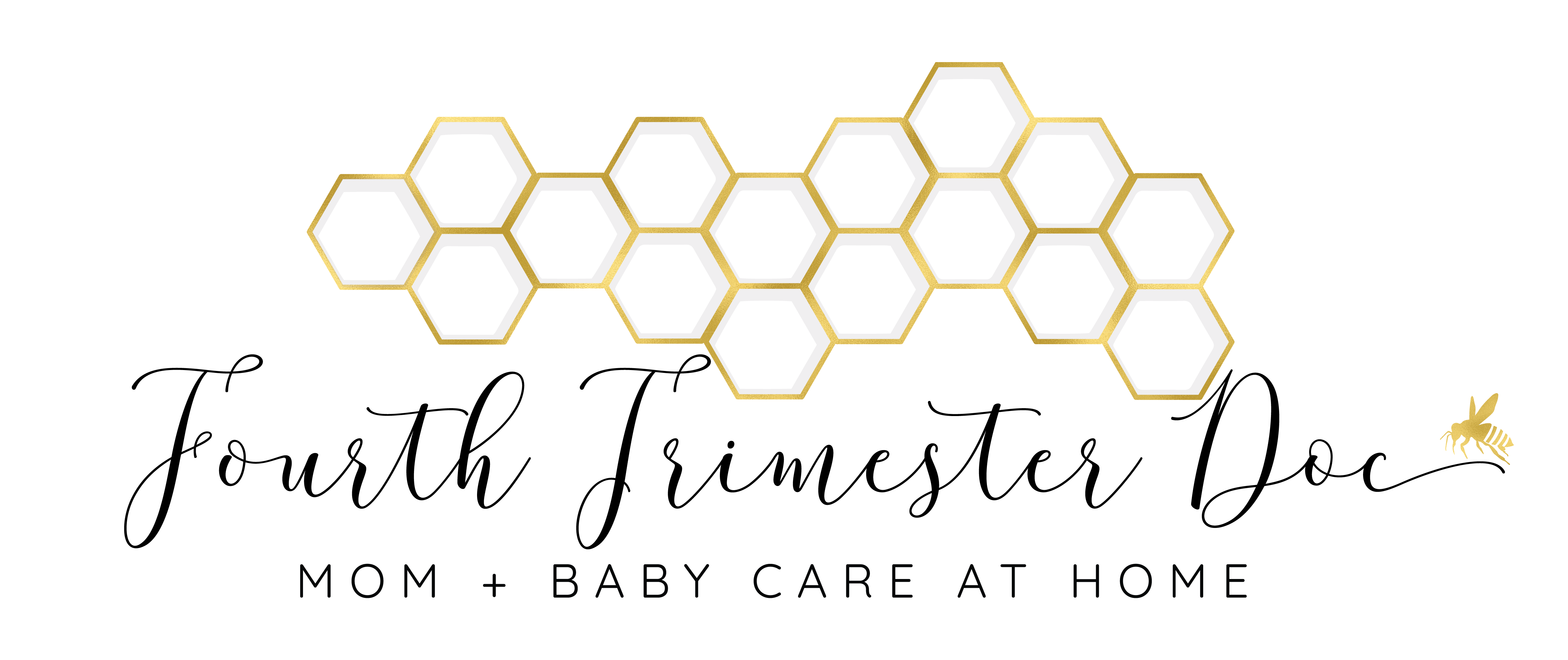Matrescence (n): The process of becoming a mother
My favorite word. A word that is so simple in description, yet so complex, so forgotten, so deep, so neglected. A word that has become the focus of my life both personally and professionally.
Matrescence (when pronouncing it, think adolescence) is a term that is just starting to make its way into the spotlight… finally! Finally, there is a term that encompasses all of the hormonal, emotional, spiritual, social, and physical changes that a woman goes through when transitioning into motherhood. We have a whole field of adolescent medicine which focuses on this transitional period in life when there are large hormonal shifts, identity and emotional development, and significant physical changes. But when it comes to the transitional period for women with similar magnitude and breadth of changes, the term is still in its infancy, just becoming realized.
Matrescence was first coined by Dana Raphael, Ph.D., an anthropologist and breastfeeding advocate in 1973 in The Tender Gift: Breastfeeding: “Childbirth brings about a series of very dramatic changes in the new mother’s physical being, in her emotional life, in her status within the group, even in her own female identity. I distinguish this period of transition from others by terming it matrescence to emphasize the mother and to focus on her new life style.”
Interestingly, around that same time she also coined the term “doula” to identify a woman who served as a supportive companion to a woman during childbirth. It took 35 years until matrescence was revived by Aurelie Athan, Ph.D., clinical psychologist at Columbia University, and applied it to maternal mental health. According to Aurelie Athan, Ph.D.: “Matrescence is a developmental passage where a woman transitions through pre-conception, pregnancy and birth, surrogacy or adoption, to the postnatal period and beyond. The exact length of matrescence is individual, recurs with each child, and may arguably last a lifetime! The scope of the changes encompass multiple domains –bio-psycho-social-political-spiritual– and can be likened to the developmental push of adolescence.”
Aurelie Athan wrote about, presented on, created a course, and even created a certificate program about matrescence, but it wasn’t until Alexandra Sacks, MD, a reproductive psychiatrist, wrote her Op-Ed in the New York Times in 2016, later presented a Ted Talk in 2017 and since published a book on the topic that matrescence has started to become truly acknowledged.
My first introduction to thinking more deeply of this sacred time was when I first heard the phrase that is often said in the birthing world: “The moment a child is born, the mother is also born. She never existed before. The woman existed, but the mother, never. A mother is something absolutely new.” – Osho.
This quote has never really sat well with me and I think it is because I see matrescence as so much more than the that moment of birth. A mother is born months and sometimes even years before a baby emerges from the womb. The transformation may begin with a dream, a longing, or even come as a complete surprise when looking at a pregnancy test or gazing into the eyes of her baby, months after it was born. Her matrescence will forever change her, whether she holds a child in her arms, her heart, or her dreams.
A woman defines for herself when she identifies as a mother. Is the woman who has a miscarriage and grieving the loss of her unborn child not considered a mother? Is the woman who has been struggling with infertility, getting invasive testing, taking medications, adjusting her lifestyle all in the hopes of conceiving not considered a mother? What about foster and adoptive mothers? Or the woman who has given birth, but maybe months later has yet to feel like a mother? That definition belongs to no one but the woman themselves.
This blog will be a forum for discussing all topics related to the process of becoming a mother. It will be a place where we will be Making Sense of Matrescence. Thank you for being here. I am so grateful that you have found this space and that you are taking this journey with me to honor and learn about this transitional time.

0 Comments